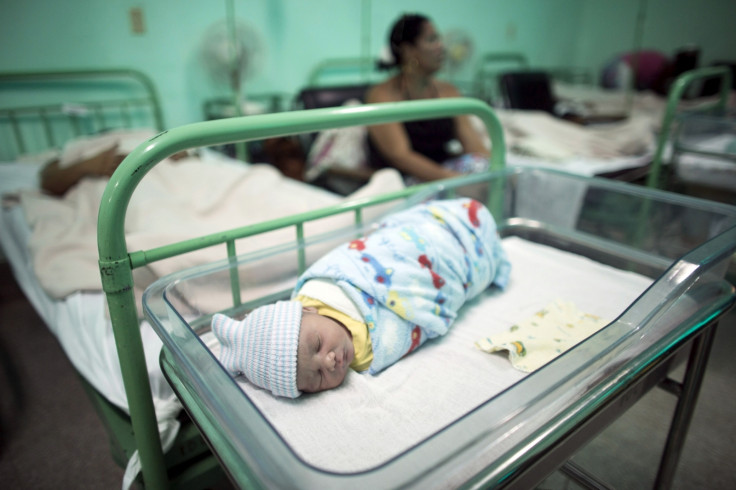New insights from CRISPR gene-editing tech could bring down miscarriage rates
The technology has offered new information about the early stages of human embryonic development.

For the first time, a group of scientists in the UK has used the CRISPR gene-editing tech to get new insights into the earliest stages of human embryonic development, according to a study published in the journal Nature. Their findings could offer a way to reduce the risk of miscarriages.
CRISPR Cas9 allows for gene modification and can cut out the genetic defects that are believed to cause miscarriage at the outset of pregnancy. But until now, scientists had no major insights from human embryo studies on this matter.
However, the latest study, conducted by Francis Crick Institute researchers, has given exactly what was needed to pace things up. The researchers have identified the gene that is crucial for the early development of embryos to form into a foetus.
The researchers used CRISPR Cas9 to block a particular genetic marker called OCT4 in days-old human embryos and discovered that without this gene the embryos failed to grow properly. Stopping the functioning of OCT4 also affected the production of its resulting protein and halted embryo development.
The insights from the study could provide new information about human growth and development and help scientists understand why some women suffer more miscarriages than others. "We were surprised to see just how crucial this gene is for human embryo development, but we need to continue our work to confirm its role," Norah Fogarty, one of the authors of the study, told CNN.
Normally, mice are the prime subject for such studies, but in this case, the researchers used 58 human embryos donated by couples who had undergone IVF – in-vitro fertilisation – procedures.
This not only helped them study the role of OCT4 in both mouse and human models but also allowed them to explore how certain genes could improve the success rate of IVFs. According to Atlanta-based Centers for Disease Control and Prevention, currently, only 36% of IVF cycles lead to pregnancy, while just 24% successfully produce a baby.
"If we knew the key genes that embryos need to develop successfully, we could improve IVF treatments and understand some causes of pregnancy failure," study lead Kathy Niakan said in a statement.
The effort marks the first step to understand human embryonic development and the genes responsible for it, but more research efforts will be required in coming years to build on this and lower the risk of miscarriage.
© Copyright IBTimes 2025. All rights reserved.





















